Signs Of Vaccine Reaction In Cats
Autoimmune hemolytic anemia AIHA and autoimmune nonregenerative anemias autoimmunity to erythrocyte precursors have been associated with MLV parvoviral vaccines. As your cat tries to process and get rid of these irritating substances they may show a variety of symptoms.
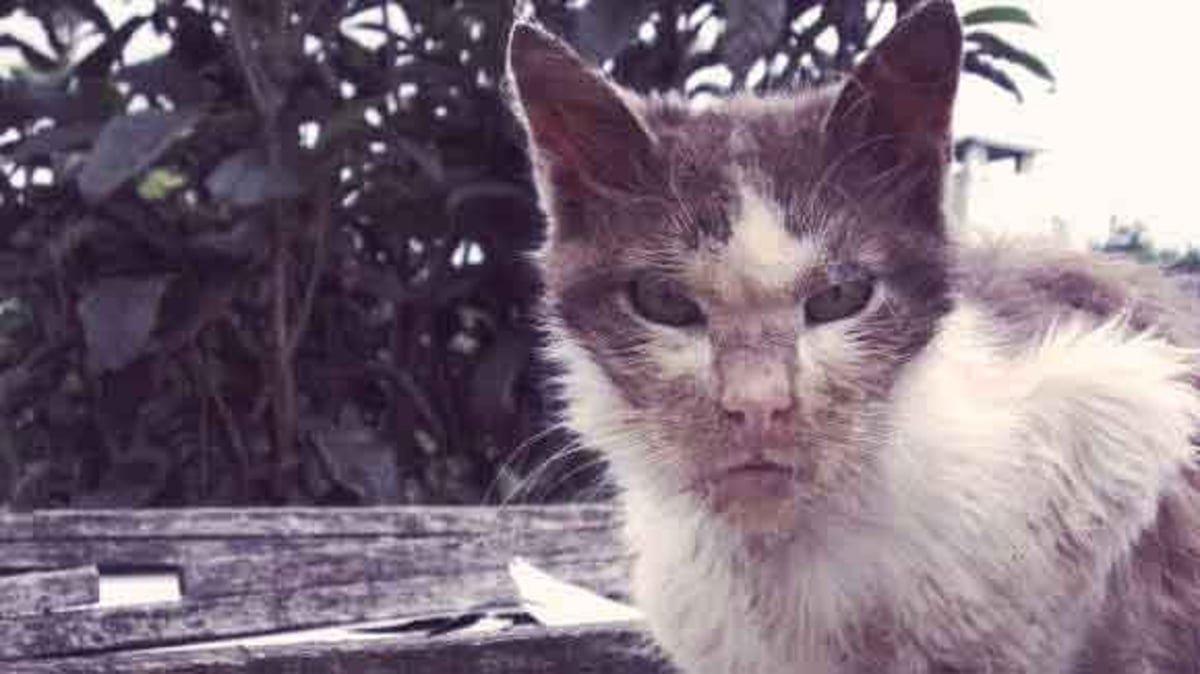
3 Heart Breaking Signs Of Rabies In Cats Prevention Tips
All vaccines have the potential to cause side effects in cats.

Signs of vaccine reaction in cats. They usually have painful swellings around the lower joints on the legs. While vaccines are generally well-tolerated it is not unusual for some pets to have some mild side effects after receiving a vaccination. Common side effects include lethargy transient fever and local inflammation.
A shy cat can become outgoing an outgoing cat can become shy and so on. If your cat has allergies some of the most common allergic reactions in cats cause the following behaviors conditions and symptoms. It is most commonly associated with administration of adjuvanted killed vaccines such as rabies and feline.
This association is controversial and studies are in progress to investigate whether the association is real. Inflammation at the point of inoculation This usually appears as a a small painful nodule in the area where the vaccine has been administered and usually disappears spontaneously between 2 and 5 weeks post-vaccination. A rare form of soft tissue sarcoma known as vaccine-associated or injection-site fibrosarcoma has been associated with a reaction to vaccine components or medication in a very small number of genetically susceptible cats.
In this case it usually occurs a few days after vaccination and may appear to be worse than the average case on radiographs. Vaccines for feline herpes virus FHV-1 and feline calicivirus FCV are always combined as these two viruses together are the main causes of upper respiratory tract infections in cats cat flu. The antigens responsible for the development of Type IV reactions can come from bacteria parasites viruses chemicals and certain cells.
About one in every 10000 vaccines. However the vaccine has been associated with adverse reactions in 3 of vaccinated cats and we do not recommend routine vaccination of low-risk cats with this vaccine. Generally if your cat has a reaction to the rabies vaccine it will be minor.
Common mild reactions of vaccines in cats include. Anaphylaxis and death are fortunately extremely rare. This type of reaction can occur in any organ.
In this stage a rabid cat will usually exhibit changes in behavior that arent typical for their personality. For this reason the signs will vary. Symptoms of a severe allergic reaction include.
Affected cats typically show sneezing nasal discharge conjunctivitis eye discharge and mouth ulcers. Some cats may also have trouble walking and experience stomach upsets. The use of this vaccine could be considered for cats entering a population of cats where infection is known to be endemic.
The reaction is diagnosed based on excluding other causes of organ-specific diseases and by laboratory tests on the tissue. Sometimes referred to as injection-site sarcoma vaccine-associated fibrosarcoma was first reported in cats in 199167 This adverse reaction is rare with an estimated occurrence in cats of 001 to 01. The evidence is still not clear but in a few genetically susceptible cats it seems that some components of certain killed vaccines may trigger a prolonged and intense inflammatory reaction that can eventually become a sarcoma.
Fever lethargy reduced appetite and swelling are all common. Vaccination reactions severe enough to produce shock are extremely rare and are a function of an individual pets immune response. An allergic reaction is an aberrant response to the vaccination or rather an over-reaction to the vaccine.
It appears to occur in Weimaraners as a vaccine reaction and this may also affect Mastiffs and Great Danes. The overall incidence of adverse reactions in cats is reported to be about half of 1 percent and usually mild and self-limiting. There have been cases though where the reaction is life threatening.
Cats show facial pruritus salivation dyspnea collapse and respiratory distress from acute pulmonary edema Type II hypersensitivity reactions resulting in cellular injury have been suspected or reported following the use of MLV vaccines in dogs. In very rare circumstances a vaccine can cause a severe allergic reaction anaphylaxis. The second is called the furious stage the most dangerous phase in a rabid cat.
The first one is called the prodromal stage. Symptoms of a severe allergic reaction include. Signs can be vomiting andor diarrhea within the first few hours after administration of the vaccine.
These signs may last for 12 to 24 hours and could include discomfort or soreness at the vaccination site mild fever or malaise decreased appetite or 1.
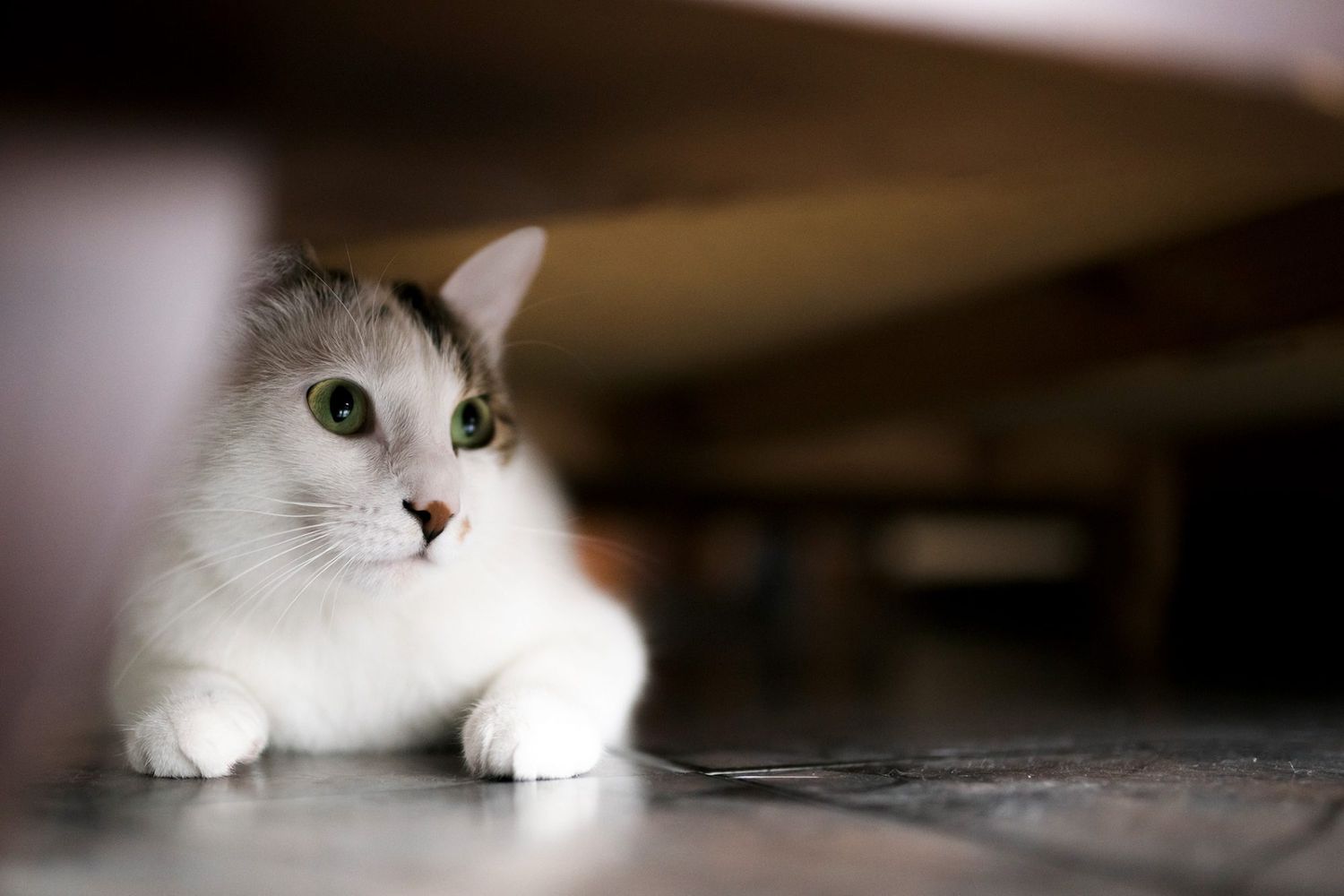
Could Your Cat Have Rabies Causes Symptoms Treatment Daily Paws

Feline Panleukopenia Distemper Symptoms Treatment Prevention Firstvet

Kidney Disease Symptoms In Cats What You Need To Know Kidney Disease Symptoms Sick Cat Cat Symptoms
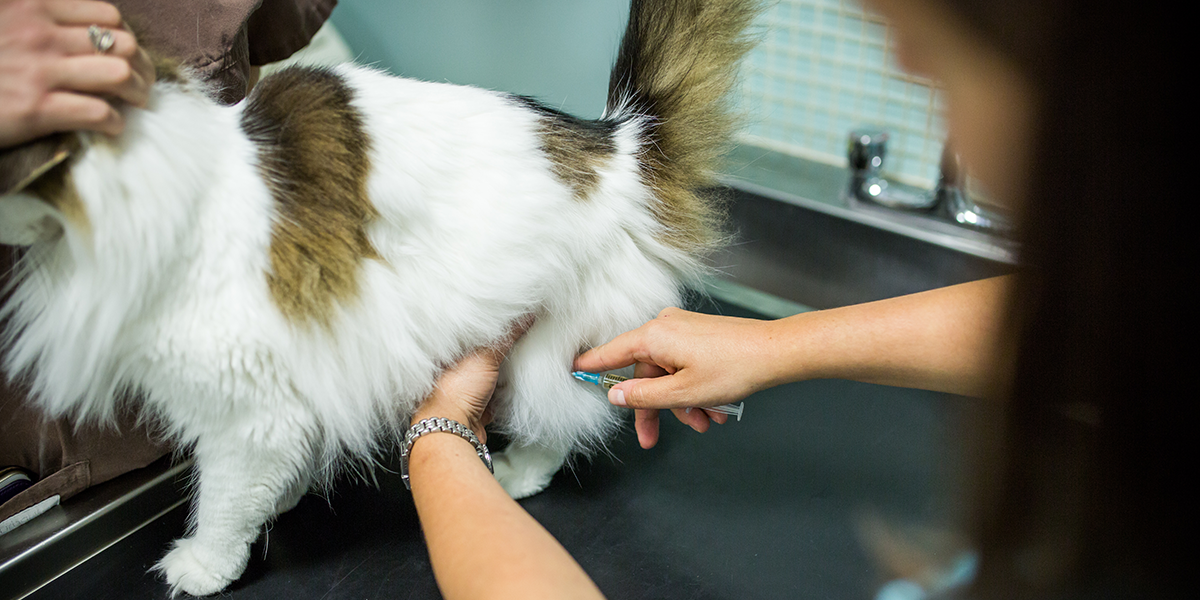
Vaccinating Your Cat International Cat Care

How To Treat A Cat That Has A Broken Leg Broken Leg Cats Cat Health

5 Reasons Pet Make Perfect Dates On Valentine S Pets Cat Quotes Funny Dog Cat Pictures
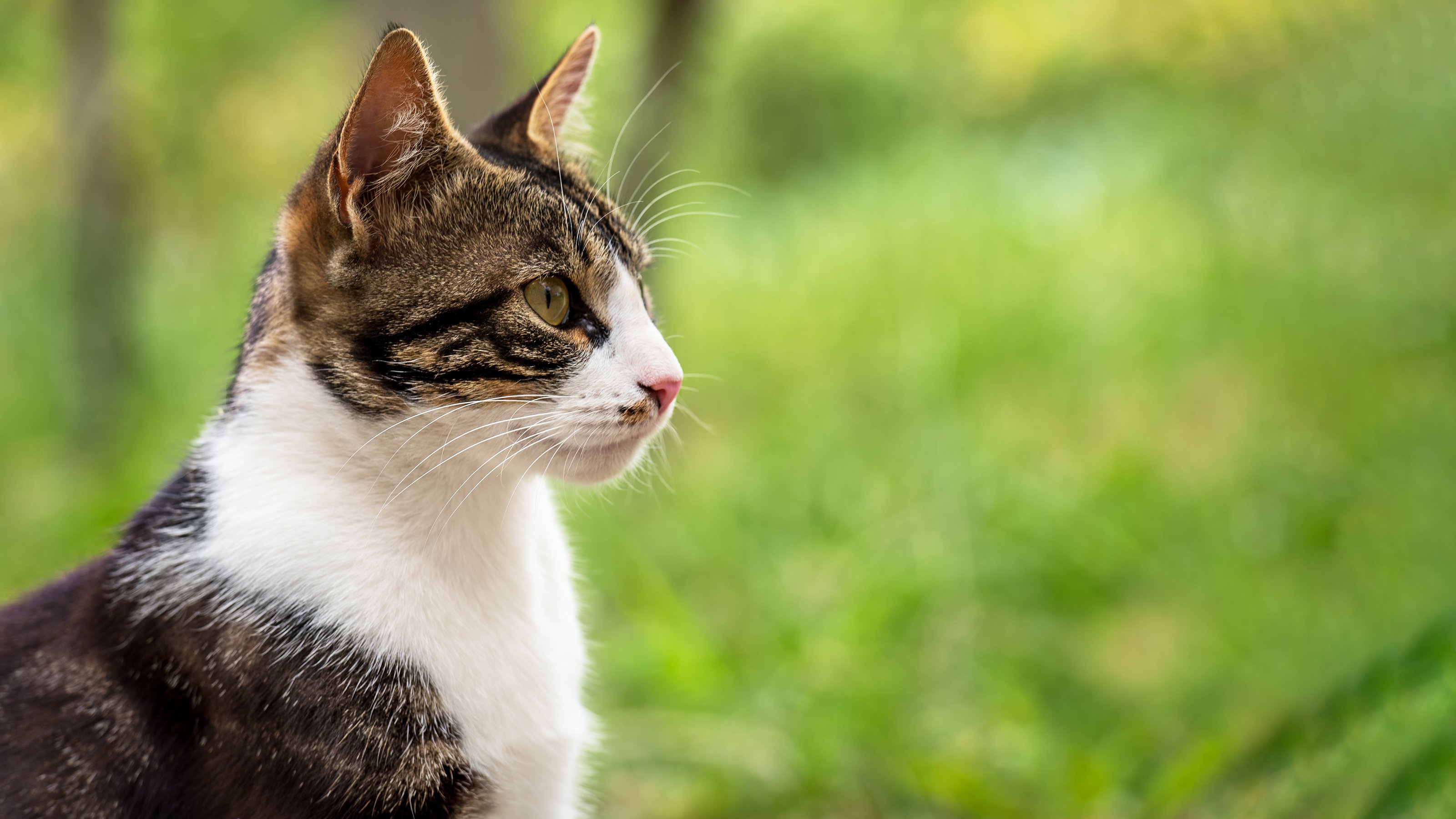
Lungworm And Your Cat Vets4pets

Vaccination Of Cats Against Infectious Upper Respiratory Disease Today S Veterinary Practice
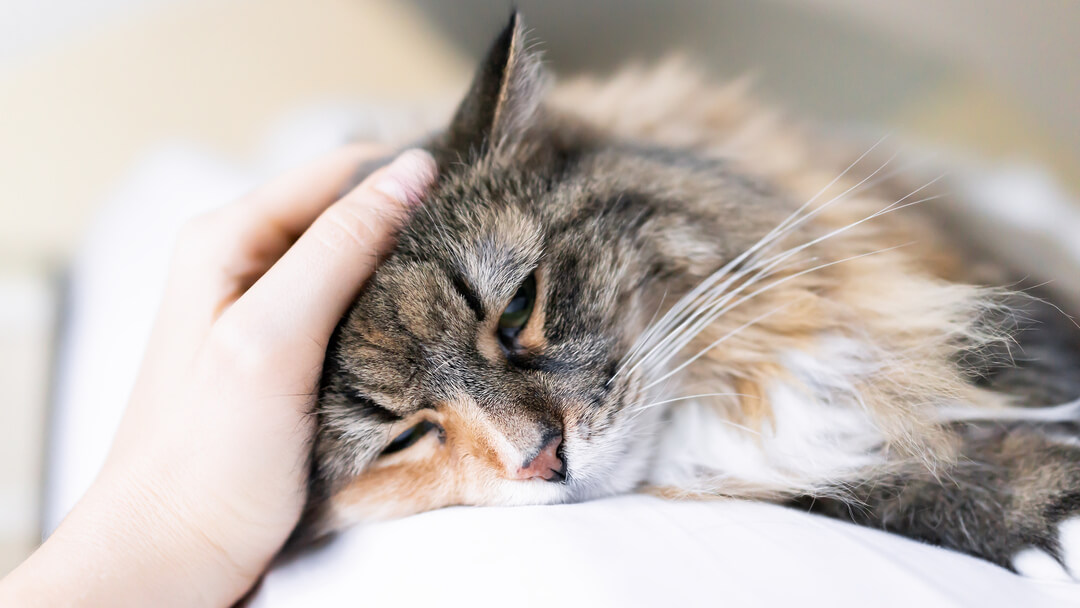
Lungworm In Cats All Your Questions Answered Purina
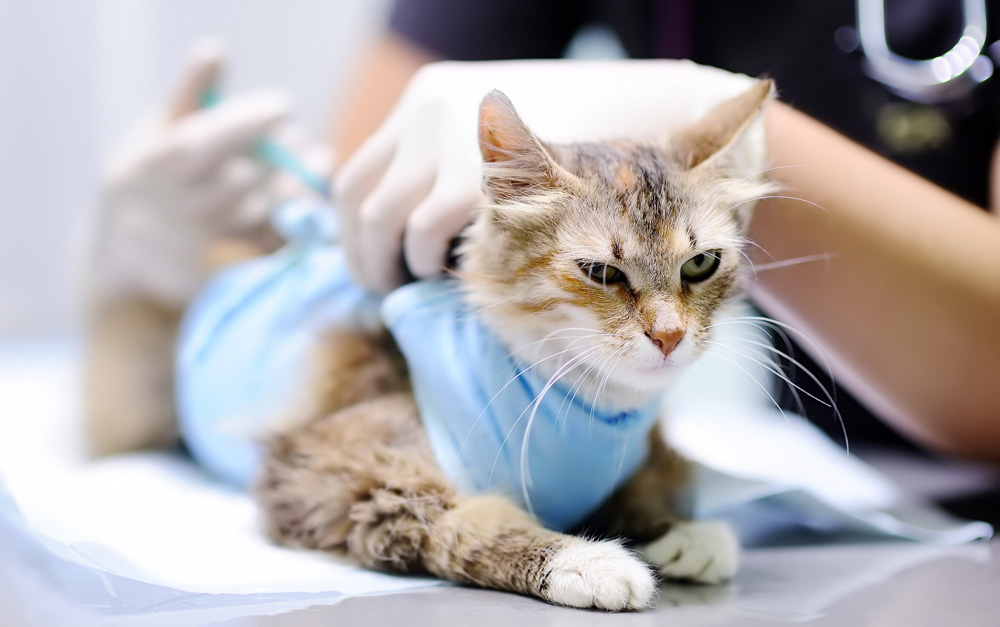
Feline Panleukopenia Distemper Vaccine Schedule Side Effects

4 Alarming Signs Your Cat Needs Medical Care Vet Help

Symptoms Causes And Treatment For Stroke In Cats Petmd
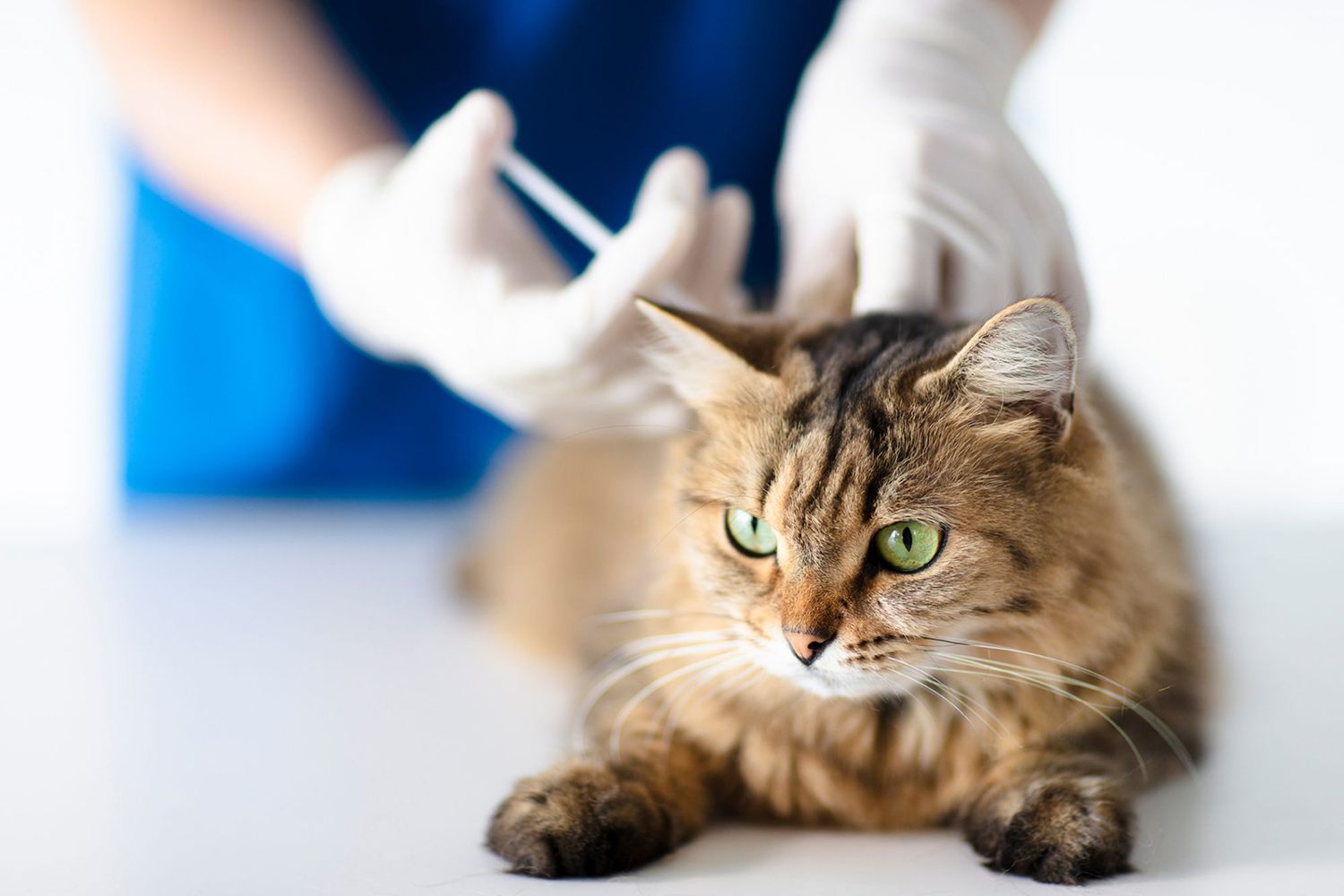
Why Vets Recommend The Distemper Vaccine For Cats Daily Paws

Fvrcp Vaccine For Cats Great Pet Care

End Stage Feline Kidney Disease Lovetoknow Cat Kidney Cat Facts Dog Insurance
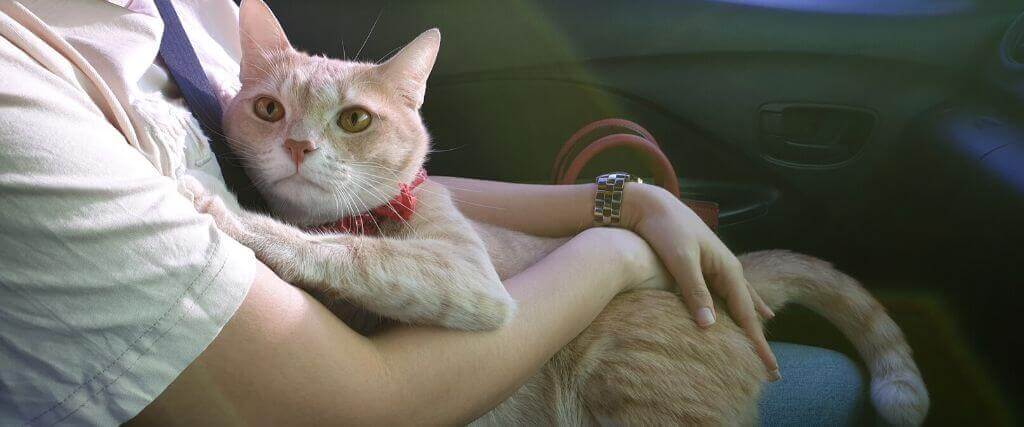
8 Signs Of Separation Anxiety In Cats And What To Do About Them



Post a Comment for "Signs Of Vaccine Reaction In Cats"